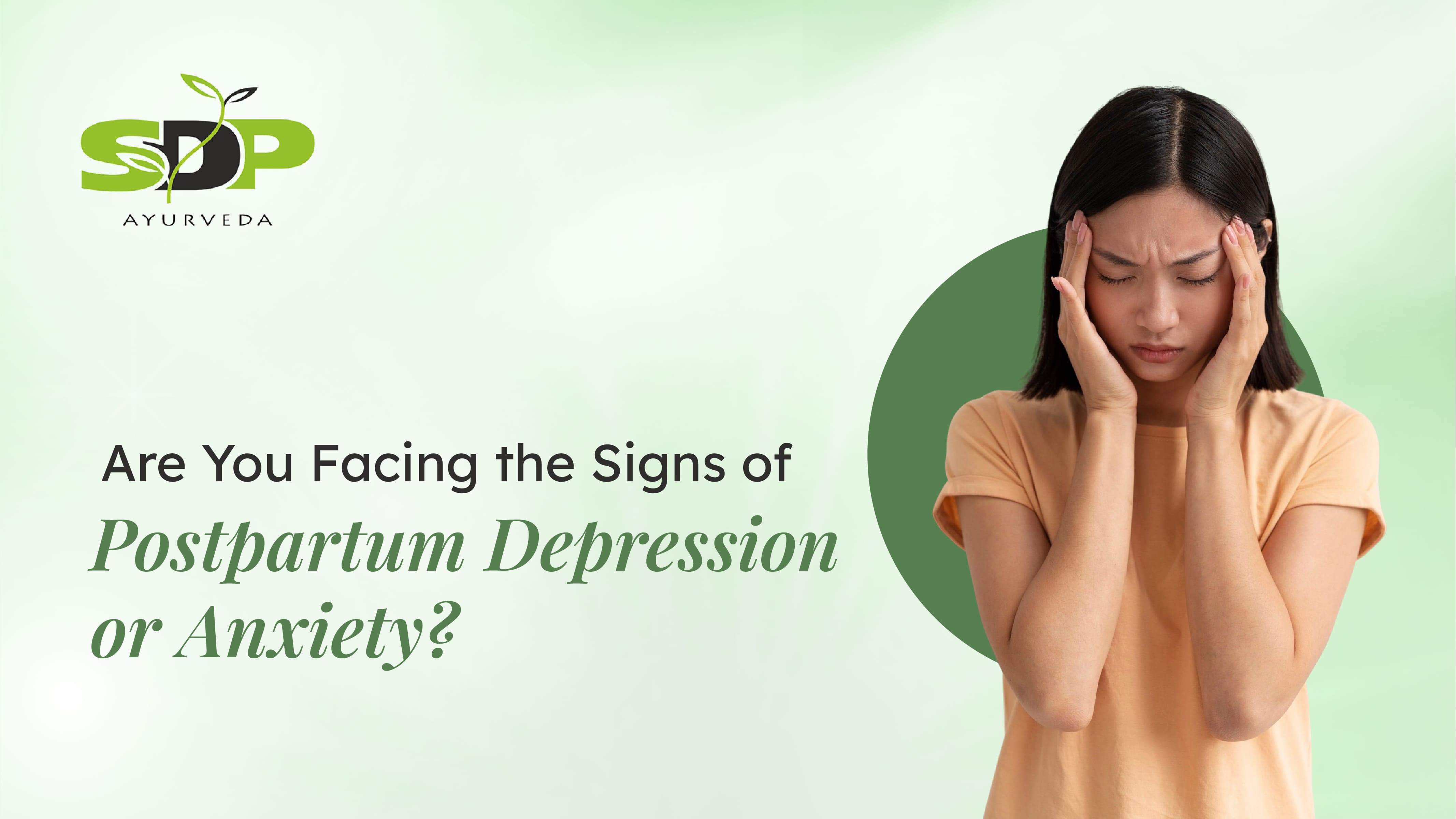Welcoming a new baby into the world is often seen as a joyful and magical moment. But for many mothers, the days and weeks after childbirth can be filled with emotional ups and downs—sometimes leading to postpartum depression. This common yet often overlooked condition can deeply impact a mother’s well-being and overall postpartum mental health. In this blog, we explore what postpartum depression really is, why it happens, and how you can find the right depression treatment, overcome depression, and manage both depression and anxiety with confidence and care.
What Is Postpartum Depression?
Postpartum depression is a type of mood disorder that usually begins within the first few weeks or months after childbirth. Unlike the short-lived “baby blues,” which involve mild sadness or mood swings, postpartum depression is more intense and long-lasting. According to the American Psychological Association, it affects about 1 in 7 new mothers and can impact not only the mother but also her family and bonding with the baby.
Symptoms of postpartum depression include:
- Persistent sadness or feelings of emptiness
- Overwhelming fatigue unrelated to sleepless nights
- Loss of interest in activities, including caring for the baby
- Intense irritability or anxiety
- Feelings of guilt, worthlessness, or shame
- Difficulty bonding with the baby
- Thoughts of harming oneself or the baby (in severe cases)
If you relate to these symptoms, you’re not alone. Reaching out for support is a sign of strength. Understanding your postpartum mental health is the first step toward finding the right depression treatment and beginning to overcome depression.
Why Does Postpartum Depression Happen?
The causes of post-partum depression are complex and multifaceted. Hormonal changes play a significant role—after childbirth, levels of estrogen and progesterone drop dramatically, which can affect mood regulation. Combine this with sleep deprivation, physical recovery from childbirth, and the emotional demands of caring for a newborn, and it’s no wonder many women feel overwhelmed.
Other risk factors for post-partum depression include:
- A history of depression and anxiety or other mental health conditions
- Lack of social support or isolation
- Financial stress or relationship challenges
- Complications during pregnancy or delivery
- Unrealistic expectations about motherhood
Recognizing these triggers can help you or your loved ones take proactive steps toward postpartum mental health and seek depression treatment early.
How to Overcome Postpartum Depression
The good news? Post-partum depression is treatable, and there are many ways to overcome depression and reclaim your joy. Here are some evidence-based strategies to consider:
1. Seek Professional Depression Treatment
Therapies such as cognitive-behavioral therapy (CBT) or interpersonal therapy (IPT) are effective in treating post-partum depression. A trained therapist can help you process emotions and develop coping strategies. In some cases, medication may be recommended—especially for severe symptoms. Always talk to a healthcare provider to find the right depression treatment, particularly if you’re breastfeeding.
2. Build a Support System
Isolation often worsens post-partum depression. Stay connected with friends, family, or support groups. Joining a new mom group—either locally or online—can help you feel heard and supported. Organizations like Post-partum Support International (PSI) offer valuable resources for post-partum mental health.
3. Prioritize Self-Care
Self-care isn’t selfish—it’s required for post-partum mental health. Even small acts, like taking a 10-minute walk, eating a nutritious meal, or practising mindfulness, can make a difference. Sleep is important, so don’t be afraid to ask for help with night feedings.
4. Address Depression and Anxiety Together
If you are facing depression and anxiety, a therapist is able to treat them. Deep breathing, journaling, or grounding can decrease anxiety, and therapy can treat the underlying causes of post-partum depression. Discuss all symptoms with your provider so that you can receive a full depression treatment plan.
5. Communicate with Your Partner
Talking openly with your partner can ease the emotional load of post-partum depression. Let them know what kind of support you need—whether it’s practical help or just a listening ear. Strong communication helps you feel less alone and makes it easier to overcome depression together.
When to Seek Immediate Help
Although post-partum depression can be treated, it is essential to get immediate assistance if you are experiencing thoughts of harming your baby or yourself. Such thoughts indicate a severe post-partum depression or, although uncommon, post-partum psychosis, and medical care should be sought as soon as possible. Call a trusted medical professional, a helpline such as PSI, or emergency services immediately.
Conclusion
Recovery from post-partum depression takes time, but with the right depression treatment and support, you can overcome depression and feel like yourself again. Whether it’s speaking to a therapist or joining a support group, every step matters. Don’t wait—your post-partum mental health matters, and help is always available. Together, we can face depression and anxiety and support new mothers toward healing.




